
Introduction
Ferrule fittings are essential components used in piping systems to create secure, leak-proof connections. These fittings come in various materials, each offering different benefits based on the specific requirements of the application. Choosing the right material for ferrule fittings is crucial for ensuring reliability, safety, and longevity of the system. In this blog, we will explore the most common materials used for ferrule fittings, such as stainless steel, brass, and others, to help you make an informed decision.
1. Stainless Steel Ferrule Fittings
Stainless steel is one of the most popular materials for ferrule fittings, thanks to its excellent strength, corrosion resistance, and durability. It is ideal for high-pressure and high-temperature environments where reliability is crucial.
Advantages of Stainless Steel Ferrule Fittings:
Corrosion Resistance: Stainless steel is highly resistant to rust and corrosion, making it a top choice for systems exposed to moisture or chemicals.
Durability: Stainless steel ferrule fittings are strong and can withstand harsh conditions, including high pressure and extreme temperatures.
Long Lifespan: Due to its resistance to wear and tear, stainless steel ferrule fittings last longer, reducing the need for frequent replacements.
Hygienic: Stainless steel is non-reactive, which makes it suitable for food, pharmaceutical, and medical applications where cleanliness is important.
Common Applications: Stainless steel ferrule fittings are used in industries such as oil and gas, pharmaceuticals, food processing, and chemical manufacturing.
2. Brass Ferrule Fittings
Brass is another popular material for ferrule fittings, particularly in applications where cost is a concern. Brass fittings are made from a combination of copper and zinc, offering good strength and resistance to corrosion.
Advantages of Brass Ferrule Fittings:
Affordability: Brass ferrule fittings are typically less expensive than stainless steel, making them a cost-effective option for many applications.
Good Corrosion Resistance: While not as corrosion-resistant as stainless steel, brass still provides decent protection against corrosion, especially in low-pressure systems.
Ease of Installation: Brass is a softer material, making it easier to work with and install than harder metals.
Conductivity: Brass ferrule fittings have good electrical conductivity, which is beneficial in certain electrical or instrumentation applications.
Common Applications: Brass ferrule fittings are commonly used in plumbing, HVAC systems, and low-pressure gas or water applications.
3. Other Materials for Ferrule Fittings
While stainless steel and brass are the most common materials, ferrule fittings can also be made from other materials depending on the application requirements. These include:
Carbon Steel: Known for its strength, carbon steel is often used in heavy-duty applications. It is ideal for low-cost, high-strength requirements but is more prone to corrosion than stainless steel.
Monel: This is a nickel-copper alloy that is highly resistant to corrosion, especially in marine environments. It is ideal for applications in harsh conditions, such as marine or chemical industries.
Copper: Copper ferrule fittings are commonly used in plumbing systems due to their resistance to corrosion and antimicrobial properties. However, they are not ideal for high-pressure systems.
4. How to Choose the Right Material for Your Ferrule Fittings
When selecting the material for ferrule fittings, consider the following factors:
Pressure and Temperature: For high-pressure or high-temperature applications, materials like stainless steel or Monel are better suited due to their durability.
Corrosion Resistance: If the system will be exposed to moisture, chemicals, or other corrosive elements, choose materials like stainless steel, brass, or Monel for their resistance to corrosion.
Cost: If cost is a major concern, brass or copper ferrule fittings are a more affordable option, though they may not be suitable for all applications.
Application Environment: Consider factors like hygiene requirements, exposure to harsh chemicals, and whether the system will be exposed to vibrations or extreme temperatures.
Conclusion
Choosing the right material for ferrule fittings is essential for ensuring the safety, reliability, and efficiency of your system. Stainless steel ferrule fittings are a top choice for high-pressure and corrosive environments, while brass is a cost-effective option for lighter applications. Other materials like carbon steel, Monel, and copper offer additional options depending on the specific needs of your application. By considering factors like pressure, temperature, corrosion resistance, and cost, you can select the perfect material for your ferrule fittings, ensuring a secure and long-lasting connection.

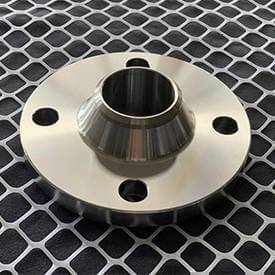
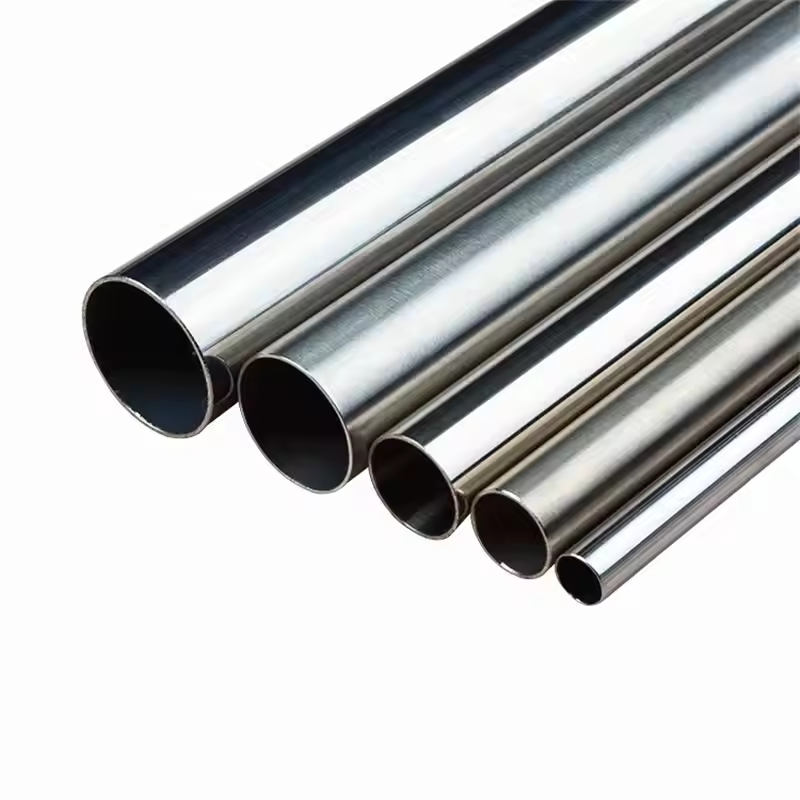
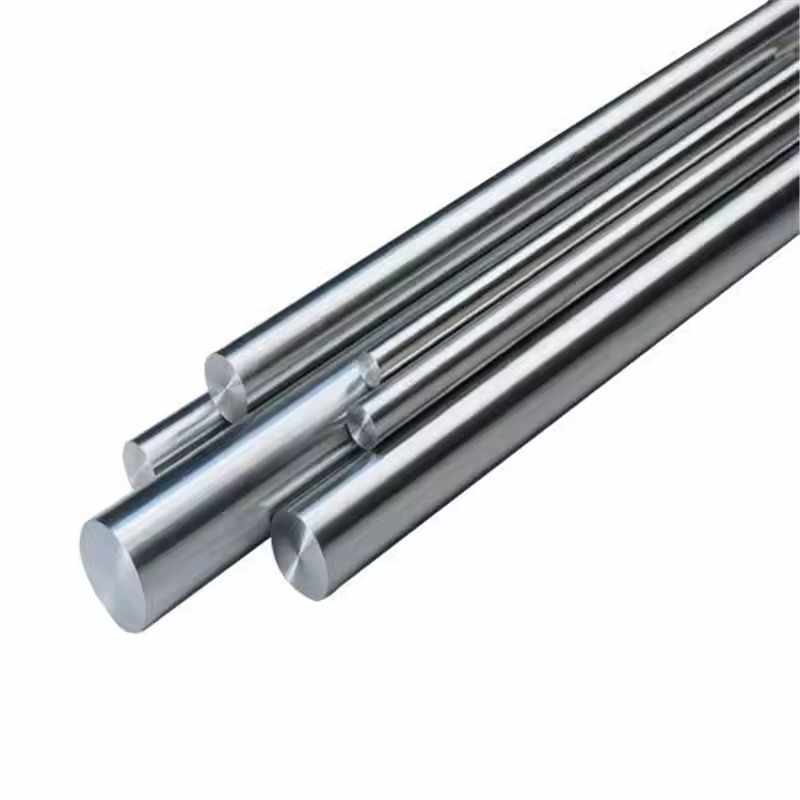

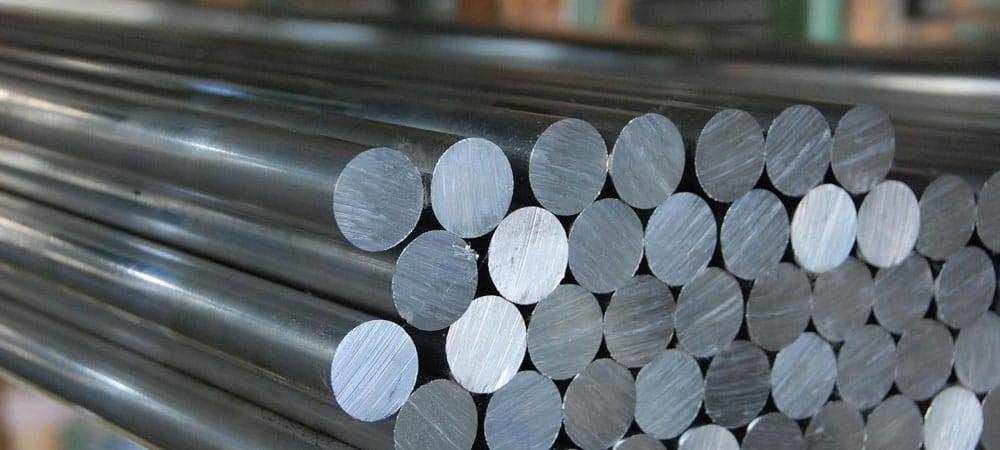

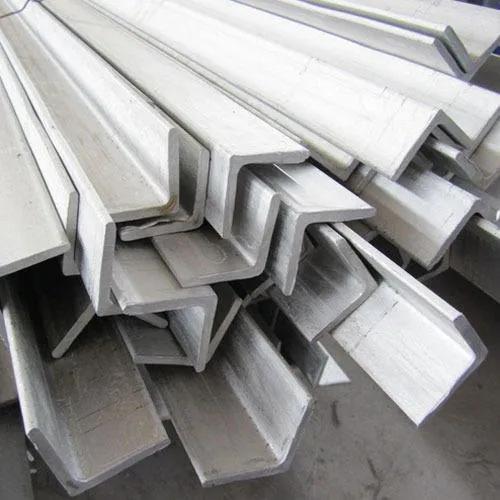












Write a comment ...